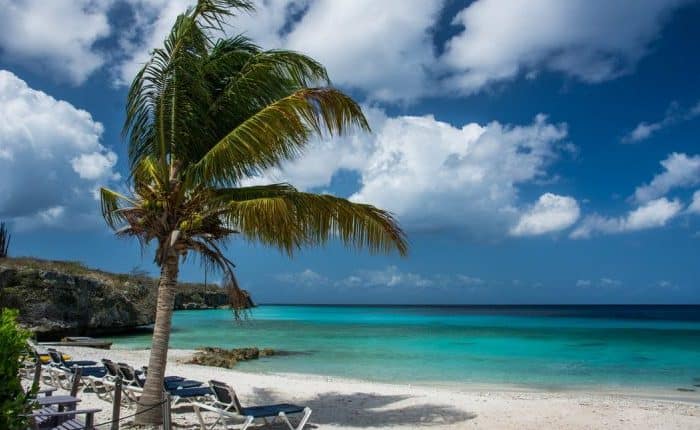Immigration Requirements and Daily Life in Curaçao
The first thing you have to do if you are not a Dutch citizen and want to live in Curaçao is to get a residence permit. One of the requirements to be able to receive such permit are sufficient means of support. Without sufficient means of existence the residence permit might be rejected.
Pending the application procedure the applicant has to remain outside Curaçao in order to avoid rejection of the same. The authorities can take up to 4 months to decide whether to approve or reject the application.
After approval of the application a security deposit has to be paid, the amount depending on the country the applicant is originally from. This deposit will be returned upon final departure from Curaçao.
Once you have the permit you can start your new life on this beautiful island. Curaçao is part of the Kingdom of the Netherlands so you are actually living in an European country. What makes it much better than actually living in Europe are the beautiful beaches, the great weather with lots of sun, breeze and little rain and the local people who are very friendly and helpful.
To be able to mix with the locals you will have to learn their language. Curaçao’s official language is Dutch, and most people speak English and Spanish, but many locals speak Papiamentu — a Creole mixture of Spanish, Portuguese, Dutch, French, English, and Arawak Indian. Papiamentu is spoken through all levels of society. This Curacao language has become a major element of the island’s identity and if you want to really become a part of everyday life in Curaçao, you should learn this beautiful language.
Traffic rules are roughly the same as in North America and Europe: people in Curaçao drive at the right side of the road. At intersections and traffic circles, yield to traffic coming from your right unless signs indicate otherwise. At all T-crossings, through-going traffic has priority. No right turns on red light are permitted. .Seatbelts are required and children under 12 years of age must travel in the back seat. Children under 4 years of age need a child seat. You need a valid driver’s license. Even though you can use your valid license from your home country you will have to change it eventually for an Antillean license unless you are in possession of a Dutch license. To register or change your license you have to visit the driver’s license centre. If you have a Dutch license, it’s recommended to renew it before departure from The Netherlands.
Public education in Curaçao is based on the Dutch educational system and schools on the island meet the high standards applicable to institutions in the Netherlands. Public schools are free, and attendance is obligatory. American style education is also available from kindergarten through the 12th grade.
Conclusion
I hope you got value from reading: Immigration Requirements and Daily Life in Curaçao. If you would like additonal information about Curacao, please contact our office HERE. Here are a few really interesting articles about Curacao, and all the fun you can have whether you are contemplating a vacation or as an investment vehicle.
Curaçao’s Regulations for Pensioners
Where to Buy Property in Curaçao
Getting a Work Permit and Finding Work in Curaçao
Experience the Insider community that takes your international lifestyle to the next level. Download your FREE guide
"18 Steps to Implementing Your Plan B" instantly!
Diving and Snorkeling in Curaçao
Like Our Articles?
Then make sure to check out our Bookstore... we have titles packed full of premium offshore intel. Instant Download - Print off for your private library before the government demands we take these down!






